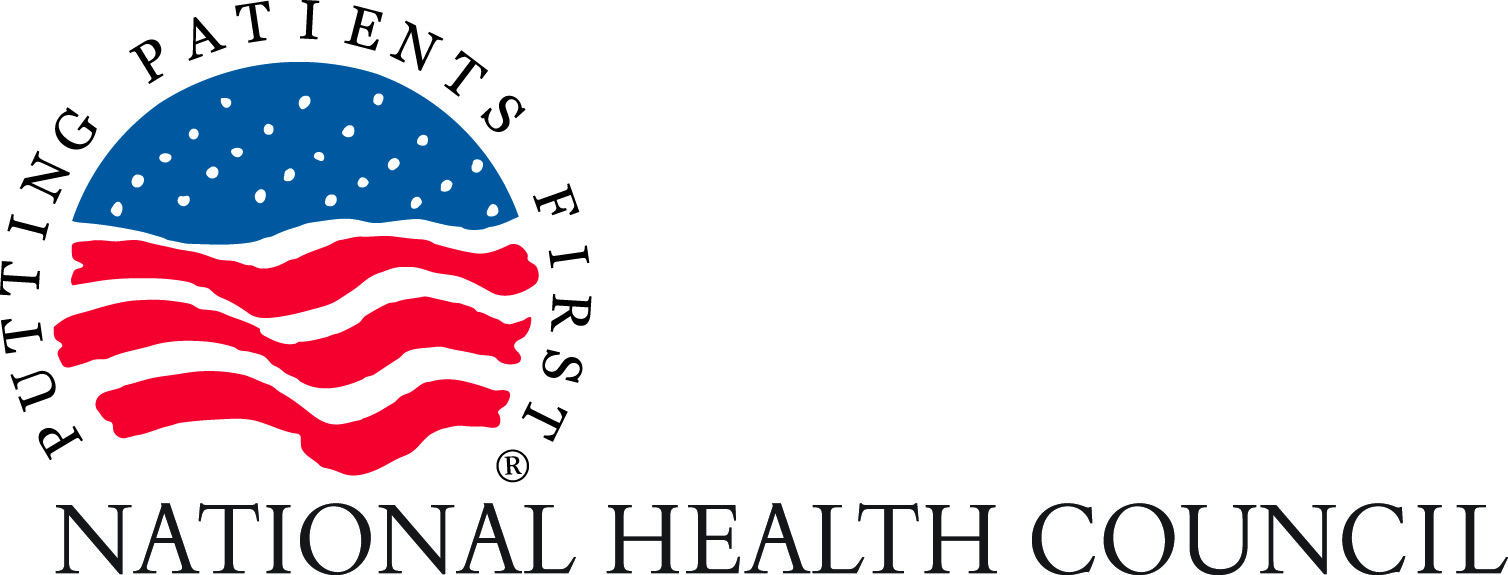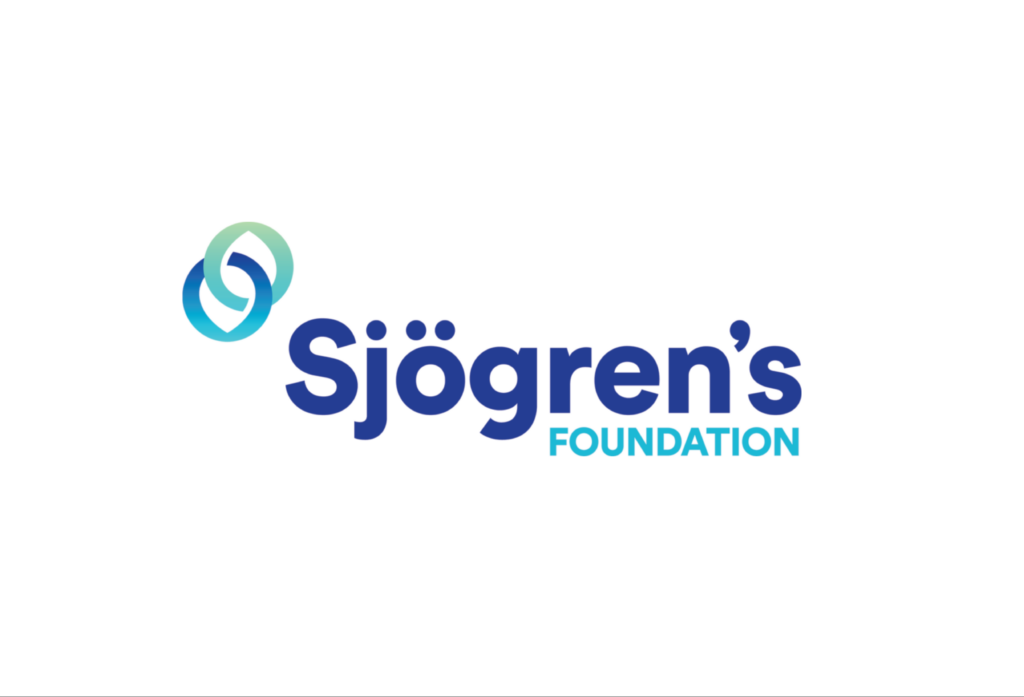

NHC Testifies at IRS Hearing on the ACA “Family Glitch”
By: Jennifer Dexter, AVP, Policy
Financial assistance to buy health insurance on the Affordable Care Act (ACA) Marketplaces, which is applied via a tax credit, is primarily available for people who cannot get coverage through a public program or their employer. Some exceptions are made including for people whose employer coverage is deemed unaffordable (exceeds 9.83% of household income).
Historically, the federal government has decided to base eligibility for assistance under this exception on the cost of the employee’s self-only coverage, not the premium required to cover any dependents. Therefore, the employee’s family members are ineligible for financial assistance on the Marketplace, even if the cost of adding dependents to the employer-sponsored plan would exceed the affordability threshold. For instance, if a family’s household income is $50,000 and family coverage costs $10,000 (or 20% of household income), family would not be eligible for subsidies. This has become known as the “family glitch.”
The Biden Administration has proposed a new rule to fix the family glitch and extend eligibility for Marketplace subsidies to families falling into this category. The proposed rule would allow an employee with a plan that covers family members to receive ACA subsidies if employer-offered family coverage cost more than 9.61 percent of household income. As part of the rulemaking process, the Internal Revenue Service held a public hearing on the rule, and the National Health Council (NHC) and several NHC members provided testimony. Overall, the statements were overwhelmingly in favor of the rule.
The NHC comments focused on several key elements:
- Fixing the family glitch is especially important for people with chronic conditions and disabilities, who without access to ACA subsidies, would not be able to afford coverage or have access the products and services they need to manage their conditions;
- This policy change is consistent with the intent of the ACA and the purposes for which it was enacted; and
- Addressing this issue will advance health equity because additional lower-wage workers and women will gain coverage if this policy is finalized.
The NHC will continue to advocate for fixing the family glitch and increasing access to coverage for more people.



